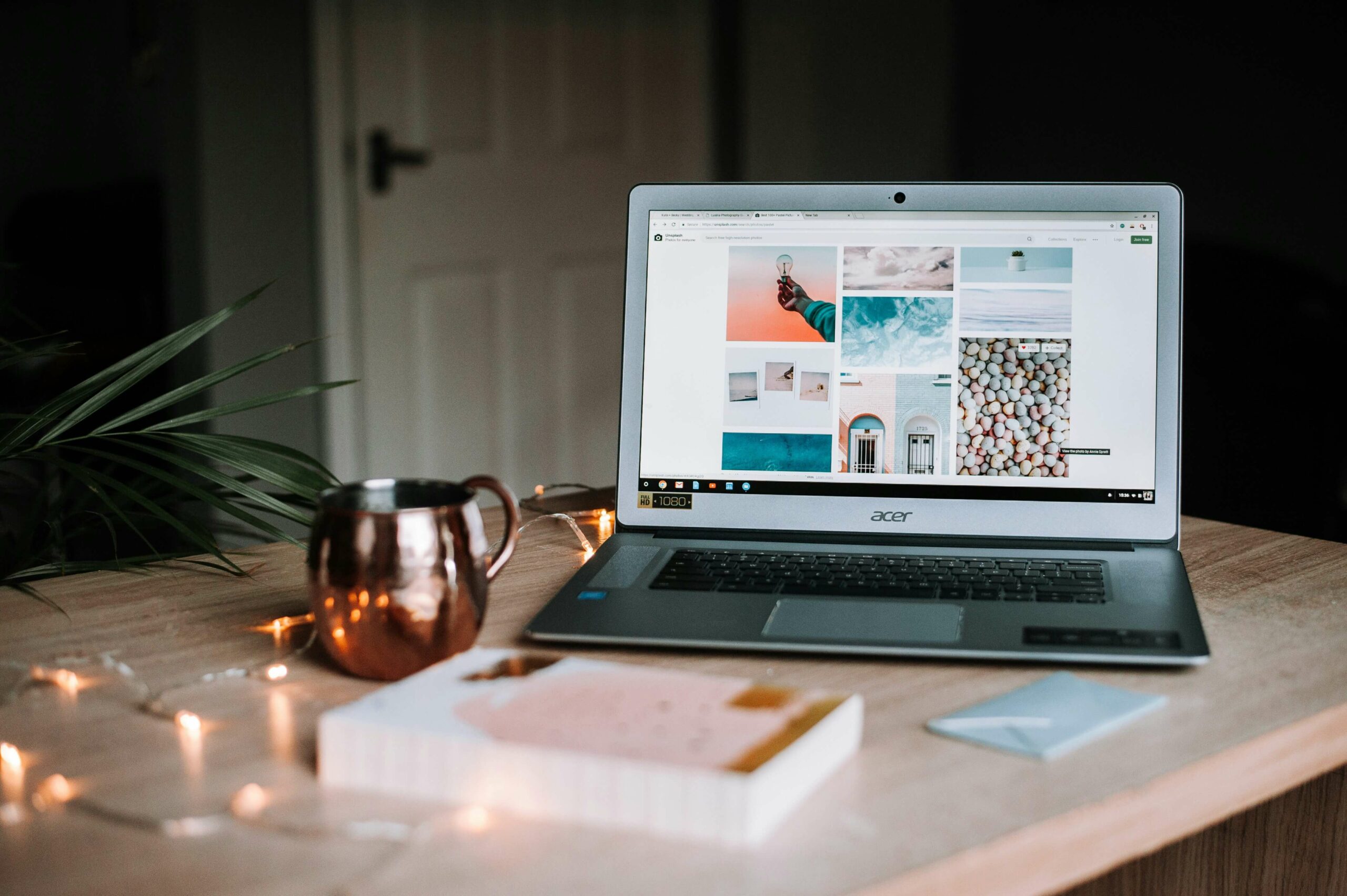
How to optimize website for Search Generative Experience
What does it take to optimize your website for Google’s AI search? Learn how to craft better answers, use schema markup, and boost your visibility in SGE results.
Photos on your website not only capture attention but also help convey your story, values, and products in a clear and emotional way. Professional photography enhances your site’s aesthetics and improves the overall user experience. In this article, we’ll explore how to effectively use photos on your website — where to place them, how to source them, and key tips for maximizing their impact.
High-quality photos play a crucial role in creating a positive impression on your website visitors.
Photos on your website not only capture attention but also help convey your story, values, and products in a clear and emotional way. Professional photography enhances your site’s aesthetics and improves the overall user experience.
If you want to learn more about how colors impact web design and boost conversions, check out our article: Colors and Web Design: Color Psychology for Higher Conversions
In this article, we’ll explore how to effectively use photos on your website — where to place them, how to source them, and key tips for maximizing their impact.
Photos play a key role in capturing visitors’ attention and conveying your messages. They are welcome in almost every part of your site, but there are several key spots where photos are essential to effectively enhance the user experience.
Proper placement and selection of photos aligned with the purpose and goals of each section significantly improve user experience and the success of your online presence.
Here are the recommended areas to place photos:
Feature a striking image that reflects the core of your brand and immediately grabs attention.
Enhance your content with relevant images that illustrate your messages and make reading more enjoyable.
Share authentic photos of your team and work environment to build a personal connection with visitors.
Create sections showcasing your best work or products to impress your audience.

When it comes to your website’s visual identity, nothing beats the uniqueness of your own photos.
If you already have high-quality images, you can use them in various ways to add a personal touch to your site. These photos reflect your brand’s authenticity and help create a connection with visitors. Additionally, pictures of your team, workspace, or production process add a personal tone. Original photos can be a valuable addition to blog posts as well as social media content.
Nowadays, most companies have someone on their team responsible for photography or at least an enthusiast who takes pictures. Often, photos are taken for social media or internal use, but when it comes to the website, these images might not provide the desired professional look. In such cases, hiring a professional photographer becomes essential.
Here are some categories where professional photos can bring significant benefits:
1. Product Photos
2. Portraits
3. Campaigns
4. Events
Having a professional photographer at events or celebrations can capture key moments in a memorable way. Quality photos add value to your event and allow you to share these moments with your audience on your website.
Stock photos are collections of professional images available online, which you can download either for free or through subscription/payment to the artists who created them. By purchasing, you gain legal rights to use the images in various ways, while the creator retains copyright.
Many stock photo repositories offer competitive pricing, discounts for members, and special promotions. So, if you don’t have the budget to hire a professional photographer or need images immediately, stock photo libraries are a great option.
Additionally, if you need photos covering general themes or concepts like nature or business environments, stock libraries offer a wide selection. They are especially suitable for blog posts, banners, and supporting website pages.
Some popular premium stock photo sites include Shutterstock, iStockphoto, and 123rf.
There are also many sites offering free stock photos, such as Unsplash, Pexels, Pixabay, and Rawpixel.

When it comes to using photos on your website, it’s essential to understand the different types of images and how to use them correctly to avoid copyright infringement.
Your Own Photos – If you’re using your own photos, you automatically hold the copyright. However, it’s still recommended to clearly state that the images are the property of your company.
Hiring a Professional Photographer – If you’ve hired a professional photographer, make sure to discuss image rights before using the photos. Most photographers retain the copyright to their work, so you may need explicit permission to use the images on your website.
Stock Photos – When using stock photography, always read the licensing terms carefully. Some stock services require attribution or the purchase of a license for commercial use.
Using images without the proper rights can lead to legal issues. Photographers or copyright holders have the right to take legal action, including filing lawsuits.
Drafting a Contract – If you hire a professional photographer, consider signing a contract that clearly defines copyright ownership and usage terms.
Reviewing Stock Photo Terms – Carefully read the licensing agreements when downloading stock photos. Consider purchasing commercial-use licenses if required.
Legal Consultation – If you’re unsure about legal matters, consult with an intellectual property attorney to ensure you are fully protected.
Don’t Forget: Regularly adding new images helps maintain visitor interest and keeps your website fresh. The Cubes team professionally recommends combining your own photos with stock images, placing them strategically as outlined in this article. Always be ready to adapt your approach based on changes in your brand, market, or technology—and make sure to respect copyright rules before uploading new photos to your site.